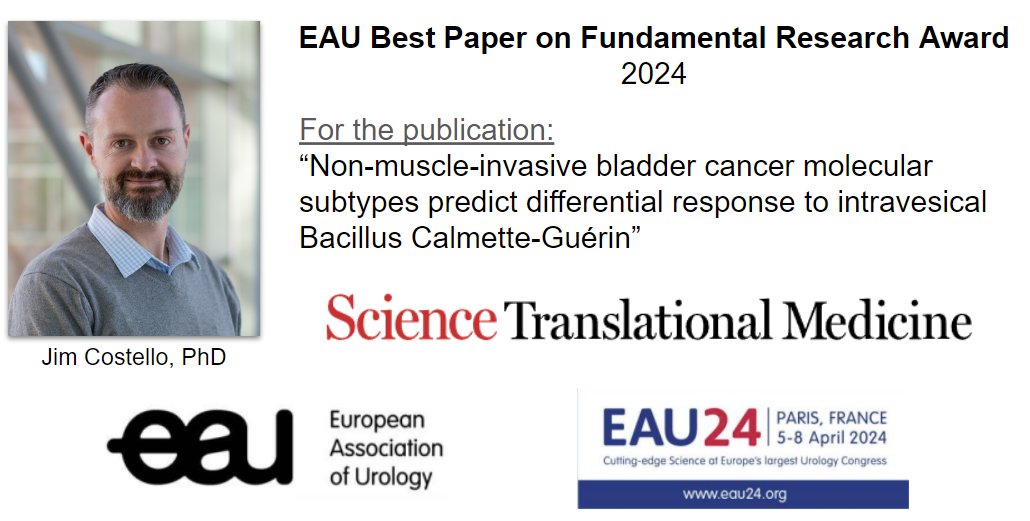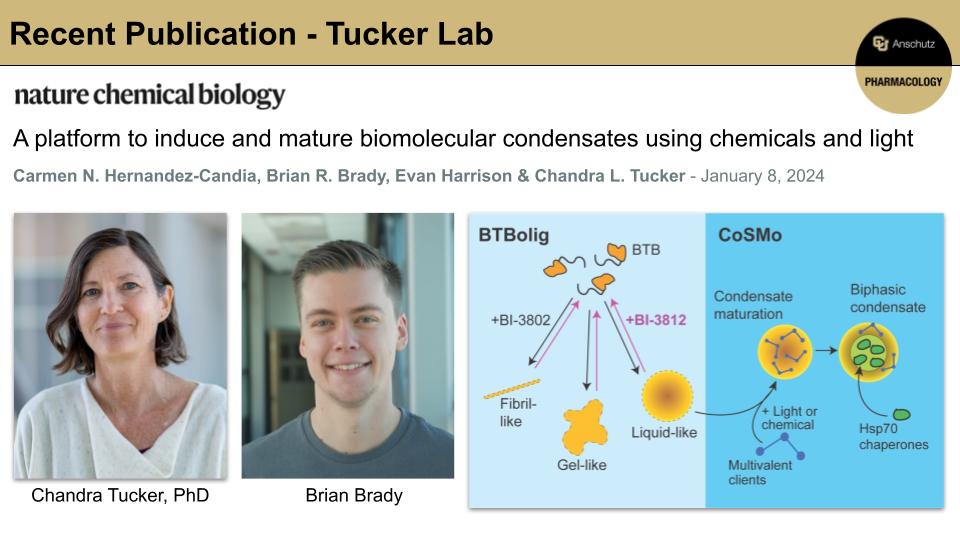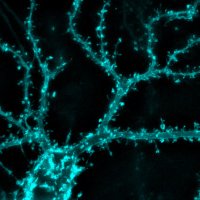
Dell'Acqua Lab
@labacqua
We study how synapses work at the molecular level because it is important for understanding how the brain works normally and why it does not work in diseases.
ID: 1268038390974279681
03-06-2020 04:35:18
42 Tweet
119 Takipçi
66 Takip Edilen



The department of Pharmacology is hiring for an Assistant or Associate Professor in the area of Neuroscience (tenure track). Please share with anyone who may be interested! CU Anschutz Medical Campus CU School of Medicine #jobposting #neuroscience cu.taleo.net/careersection/…
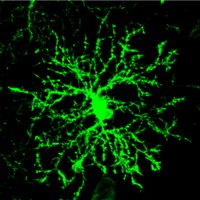
The indefatigable Clara María Bacmeister has done it again. Thrilled to share our latest work out online today Nature Neuroscience! Stay tuned for the thread "Motor learning drives dynamic patterns of intermittent myelination on learning-activated axons" rdcu.be/cWFPH
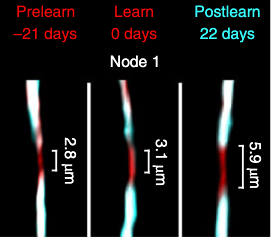


A postdoctoral position is available in Dell'Acqua Lab CU Pharmacology Research will employ sophisticated fluorescence imaging approaches to study regulation of kinase and phosphatase signaling complexes required for synaptic plasticity. Contact [email protected]
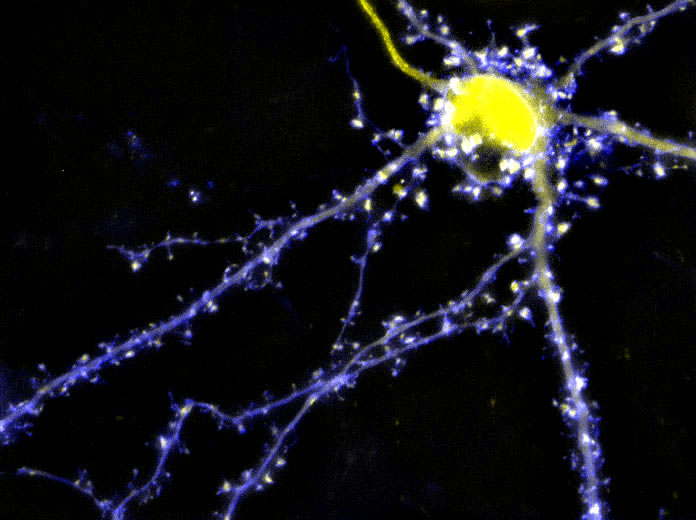

I am a bit late announcing this. I am beyond thrilled to share that I joined the Department of Integrative Physiology and Neuroscience at WSU Pullman as an Assistant Professor. I am excited to be part of this incredible neuroscience community and work with amazing colleagues.


Congratulations to the Synaptic Plasticity Supergroup, led by our own Mark Dell’Acqua Dell'Acqua Lab, for winning the Research Collaboration Team Award at the 2022 CU Anschutz Medical Campus Research Awards!
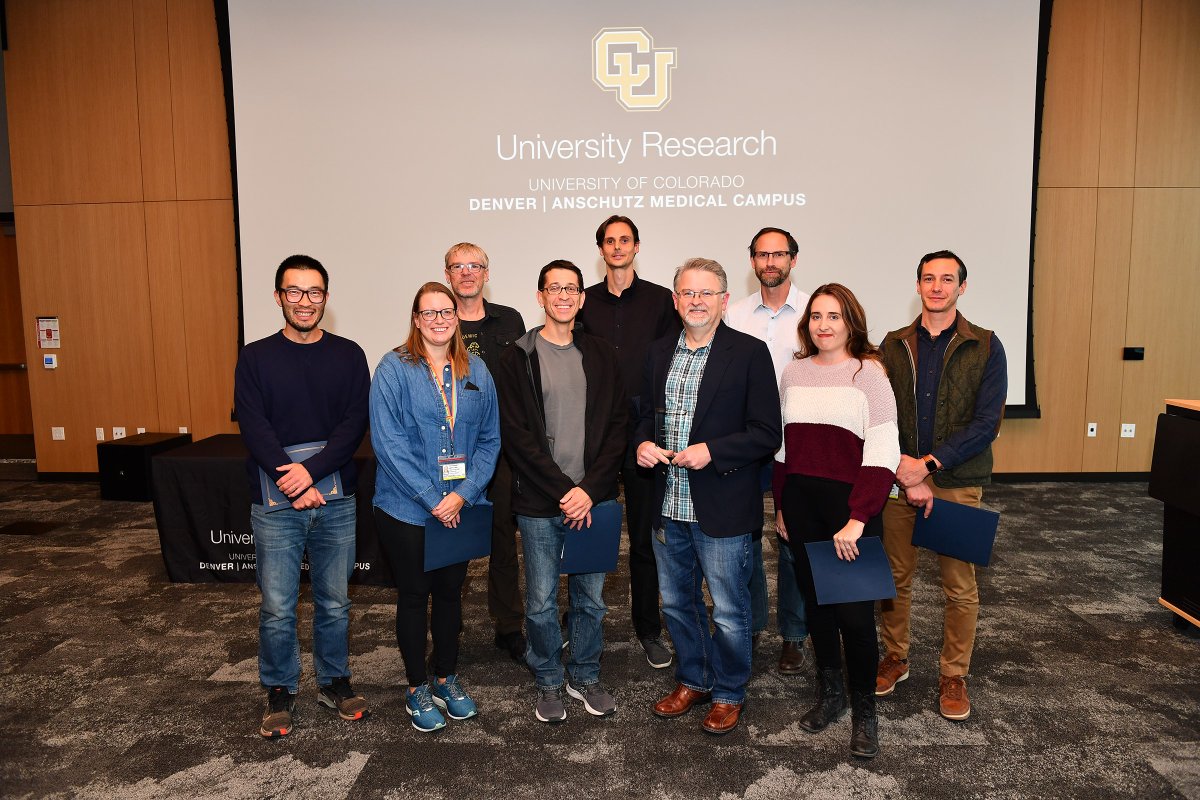

Super exciting work out this week from great colleagues CU Anschutz Medical Campus Matt Kennedy and Won Chan Oh, led by excellent CU Anschutz PharMM Program student Mason Kleinjan. Spines with inhibitory synapses, my favourite kind! cell.com/neuron/fulltex…

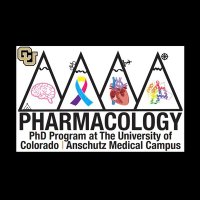
Proud to see Science Gambino representing the PharMM Program at the HHMI Gilliam Conference and having a great time with fellow Graduate School students!







🎉 Congratulations to the Dell'Acqua Lab on a new publication! Led by Philip Dittmer, PhD, "L-type Ca2+ channel activation of STIM1–Orai1 signaling remodels the dendritic spine ER to maintain long-term structural plasticity," was published in PNAS. Read here: bit.ly/3X9pa1S.


Interested in doing your postdoc with the Department of Pharmacology at CU Anschutz Medical Campus? Join us for our Postdoctoral Education & Knowledge Summit with CU Physiology and Biophysics and the Department of Biochemistry & Molecular Genetics! Applications close December 1st. bit.ly/CU-PEAKS


